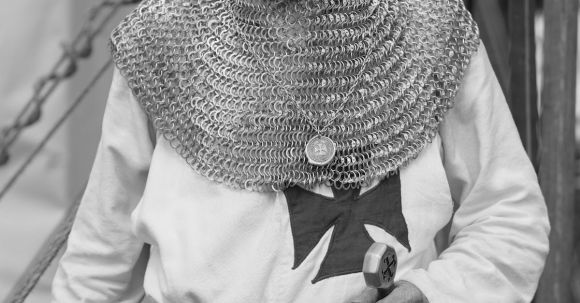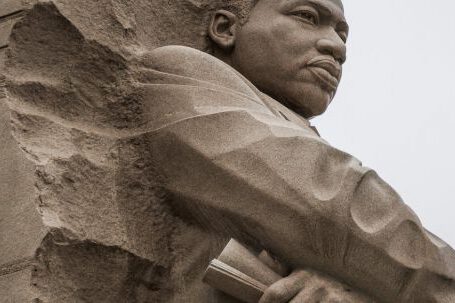The Crusades, a series of military campaigns launched by Western European Christians in the Middle Ages, have long been a subject of fascination and debate. These expeditions, which spanned several centuries, were ostensibly fought to reclaim the Holy Land from Muslim control. However, as with any historical event, there were likely multiple motives at play. In this article, we will explore some of the true motives behind the Crusades, shedding light on the complex motivations that fueled these religious conflicts.
Religious Zeal and Salvation
Religion undoubtedly played a significant role in motivating the Crusaders. The Catholic Church, seeking to reclaim Jerusalem and other holy sites from the Muslims, called upon Christians to take up arms and defend their faith. For many Crusaders, their participation in the holy war was seen as a means to secure their place in heaven. By embarking on a pilgrimage to the Holy Land, they believed they could earn salvation and forgiveness for their sins. This religious fervor, combined with the promise of spiritual rewards, provided a powerful incentive for many to join the Crusades.
Political and Economic Factors
While religious zeal was undoubtedly a driving force behind the Crusades, political and economic factors also played a significant role. The feudal system that dominated medieval Europe was characterized by a complex web of allegiances and rivalries among kings, nobles, and knights. The Crusades offered an opportunity for ambitious rulers to expand their territories and gain prestige. By directing their vassals to join the holy war, these rulers could strengthen their own positions and consolidate power.
Furthermore, the Crusades had economic implications. The journey to the Holy Land required significant resources, including food, weapons, and transportation. This created a demand for goods and services, stimulating trade and economic growth. Italian city-states, such as Venice and Genoa, benefited greatly from their involvement in the Crusades, establishing lucrative trade routes and increasing their wealth and influence.
Desire for Adventure and Glory
For many knights and nobles, the Crusades offered a chance for adventure and glory. These warriors, raised on tales of chivalry and heroism, saw the holy war as an opportunity to prove their valor and earn renown. The prospect of battling in exotic lands against formidable foes held a certain allure, attracting the adventurous spirits of the time. The Crusades provided an outlet for their restless energy and a chance to achieve fame and fortune.
Conflict and Power Struggles
The Crusades were not without their share of internal conflicts and power struggles. While the primary objective was to retake the Holy Land, political rivalries and personal ambitions often complicated matters. Different factions within the Christian camp vied for influence and control, leading to infighting and disagreements over strategy. Additionally, tensions arose between Crusaders and local populations, resulting in clashes and the establishment of rival states in the region. These internal conflicts highlight the complex nature of the Crusades and the multitude of motives at play.
In conclusion, the motives behind the Crusades were multifaceted and interconnected. While religious zeal and the desire for salvation were central factors, political, economic, and personal motivations also played a significant role. The Crusades were a product of their time, reflecting the complex dynamics of medieval Europe. By understanding the true motives behind these holy wars, we gain a deeper appreciation for the complexities of history and the forces that drive human actions.





